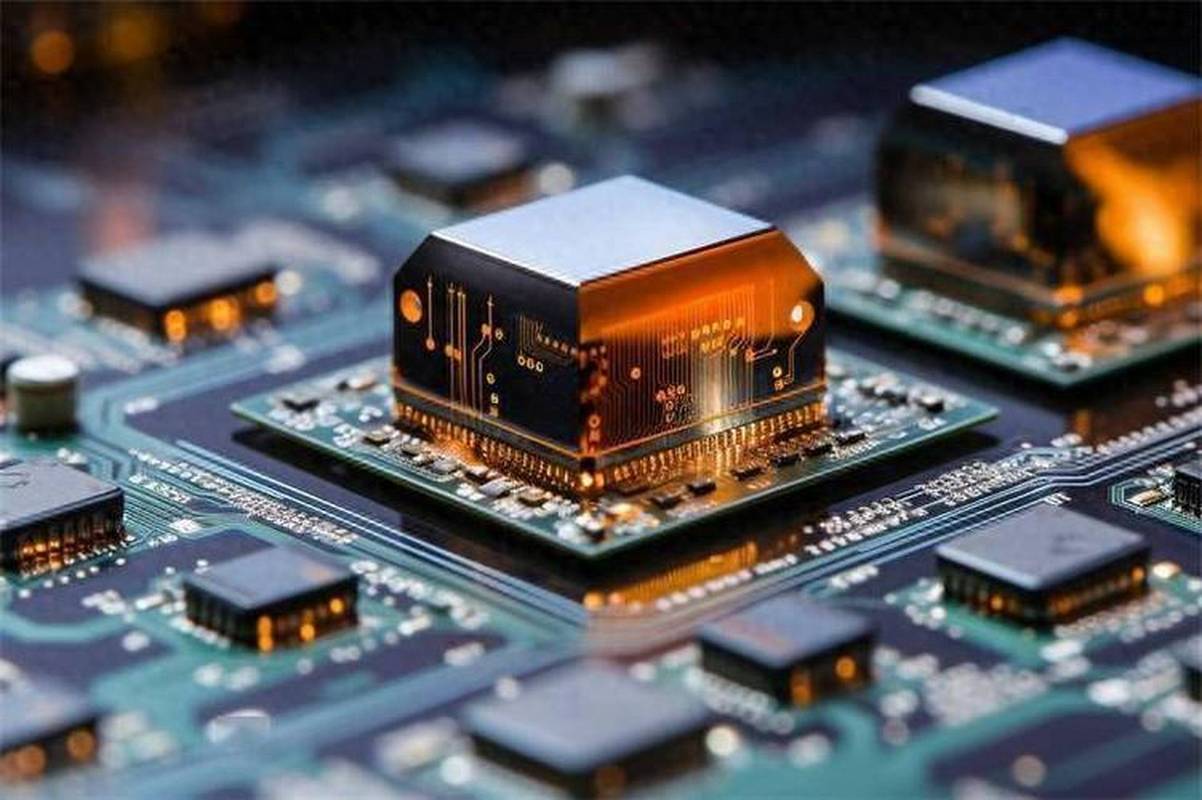The Tipping Point of Quantum Technology: As the Future Knocks on Our Door
In human history, every technological revolution has opened a brand-new window. The steam engine transformed production, electricity lit up the night, and the internet shattered the boundaries of time and space for the flow of information. Now, another force, deeper and more transformative, is quietly approaching. Its name is quantum technology.

To grasp what makes quantum computing unique, first imagine how a traditional computer works. Your laptop, smartphone, or even a supercomputer ultimately runs on "0s" and "1s"— like switches that represent "on" and "off." No matter how complex the program, it all boils down to endless combinations of these binary codes. Its "switch" is not just on or off; it can be in a strange state of being "both on and off at the same time. Even more astonishing, quantum bits can "hold hands" with each other.
Once quantum technology matures, its shockwaves across industries could be even greater than those of the internet. Drug development today requires countless experiments and simulations. Quantum computing, working at the molecular level, could simulate drug-body interactions in record time, potentially cutting research• timelines by years, even decades. The cure for a complex disease might arrive ten years earlier because of it. Whether it's new energy batteries or aerospace materials, both rely on understanding microscopic structures. Quantum simulation can help scientists design more efficient batteries and stronger alloys, driving industrial revolutions forward. Picture the global network of ships, planes, and trucks moving at once; finding the optimal logistics routes seems impossible today. Quantum algorithms, however, could uncover near-perfect answers from oceans of data, vastly improving efficiency. These changes may sound distant, but they are already sprouting. Research institutes and companies are running small-scale trials-though today's machines are still not stable or powerful enough.

Like any powerful new technology. Quantum comes with shadows as well as light. Its power is a double-edged sword. The most direct risk lies in cybersecurity. Online shopping, bank transfers, and corporate secrets— all rely on complex encryption systems.
These cryptographic foundations have been unbreakable for decades. Yet in the face of future quantum computers, they may crumble in an instant. Security experts warn of a chilling scenario: *Q-Day." On that day, when quantum computing becomes powerful enough, today's encryption could be broken instantly, putting global data security in peril. Imagine banks' databases, state secrets, and even your private messages suddenly laid bare. What's worse, attackers could steal encrypted data now and simply wait-once quantum power arrives, they could unlock it at will. This “Harvest now, decrypt later" threat is already lurking around us. That's why researchers worldwide are racing to develop post-quantum cryptography defences that must be in place before Q-Day dawns.

The next five to ten years will be critical: the period when quantum shifts from potential to impact. If the internet defined our digital lives over the past few decades, quantum could redefine "intelligence" and "security" in the decades to come. Even more striking, quantum will not stand alone. It is likely to merge with artificial intelligence, cloud computing. 5G, and edge computing, forming an entirely new technological ecosystem. This fusion would be like strapping multiple super-engines onto a single vehicle; the power would be unimaginable. The result could be computational capabilities far beyond anything we know today, transforming the way society itself operates. Facing such a future, merely "watching and waiting" is not enough. Both businesses and governments must act early.
It is both a key to open the door of the future and a sword hanging overhead. History tells us that every generation encounters a wave of technology powerful enough to reshape the world. Perhaps twenty years from now, looking back, we will see this very moment as the turning point. The clock of quantum technology has already begun to chime—the future is quietly approaching.
(Writer:Hoock)





